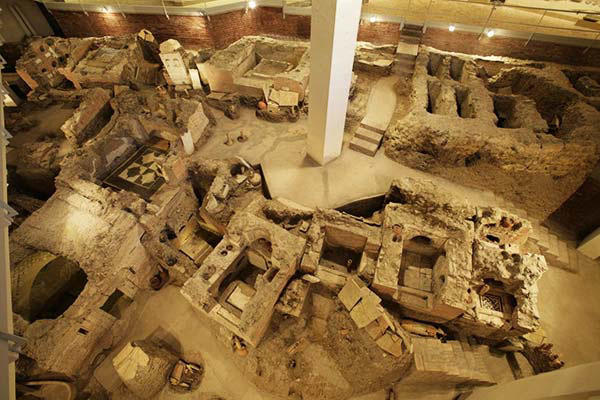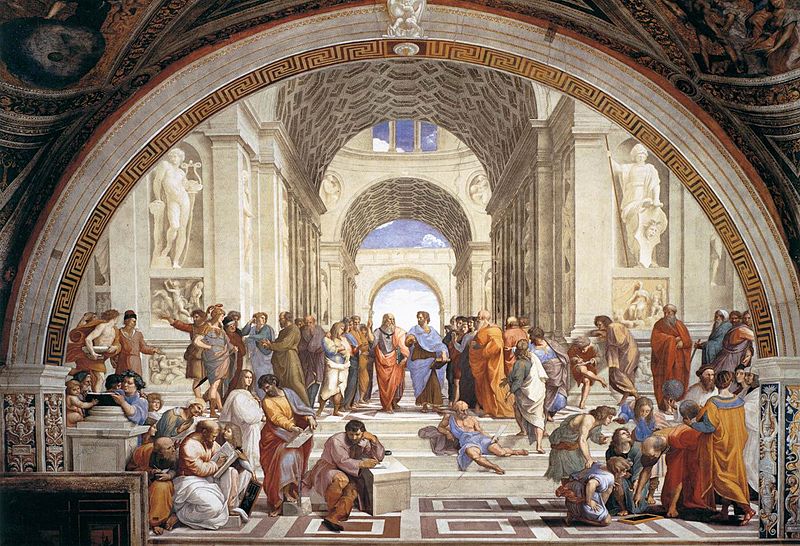Ortona is a coastal town and municipality of the Province of Chieti in the Italian region of Abruzzo, with some 23,000 inhabitants.
Ortona was the site of fierce fighting between German and Canadian forces during the Italian campaign in World War II. The ferocity of the battle led it to be known as the "Little Stalingrad" as Winston Churchill called this city, (See Battle of Ortona).
The origins of Ortona are uncertain. Presumably, it was first inhabited by the Frentani, an Italic population. In 2005, during works near the Castle, a Bronze Age settlement was discovered, and the Roman town largely coincided with this first settlement. Some sections of paved roads and urban walls, as well as some archaeological findings are the only remnains of this period. Ortona remained a part of the Roman Empire (i.e., the Byzantine Empire) for several centuries, before it was annexed by the Kingdom of the Lombards. In 803 the Franks incorporated Ortona into the county of Chieti. From that date on, the town remained tied to Chieti and its territory.
![]()
The Aragonese castle in Ortona.
In 1258 the relics of St. Thomas were brought to Ortona from the Greek island of Chios. In the first half of the 15th century its walls were built, and during this period Ortona fought with the nearby town of Lanciano in a fierce war that ended in 1427. On June 30, 1447, ships from Venice destroyed the port of Ortona; consequently the King of Sicily at that time commissioned the construction of a Castle to dominate the renovated port. In 1582 the town was acquired by Marguerite of Austria, daughter of Emperor Charles V and Duchess of Parma. In 1584 Marguerite decided to build a great mansion (known as Palazzo Farnese), which was never completed due to her death.
After the establishment of the Kingdom of Italy in 1860, Ortona became one of the first sea resorts on the Adriatic sea. During World War II, on September 9, 1943 the royal family of the House of Savoy left Nazi occupied Italy from the port of Ortona. The defensive Gustav Line was established by the Germans at Ortona (extending towards Cassino on the opposite side of Italy). The strategic importance of Ortona within the German defences led to fierce fighting in and around the town between German and Canadian troops during the Battle of Ortona.
The composer Sir Francesco Paolo Tosti was born in Ortona, as were members of the Cascella family of artists.






